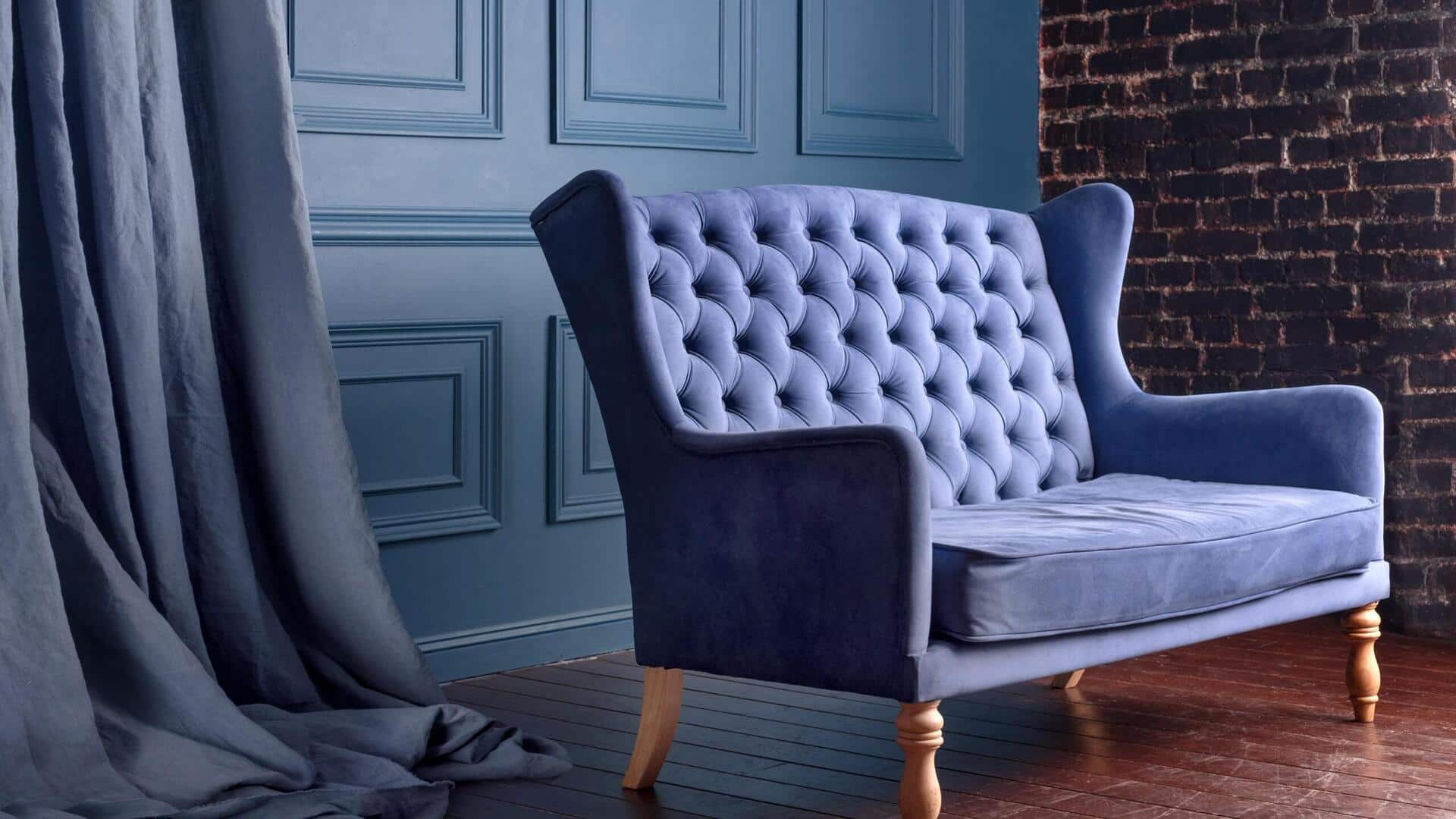
How to upholster your furniture at home
What's the story
Upholstering furniture at home can be a fulfilling, economical way to liven up your space. With the proper tools and technique, you can convert old or shabby pieces into chic elements of your decor. The process includes stripping old fabric, padding, springs, and adding new ones. Be it a chair or sofa, learning upholstery essentials will render you professional-looking results.
Fabric selection
Choosing the right fabric
Selecting the appropriate fabric is key to successful upholstery. When choosing material, consider durability, color, and pattern. Fabrics like cotton and linen are breathable and easy to work with, while synthetic blends offer durability. Make sure that the fabric complements your existing decor and suits the furniture's purpose. For high-traffic areas, opt for stain-resistant options to maintain longevity.
Tool kit
Gathering essential tools
Having the right tools is imperative for any upholstery project. Basic tools include a staple gun, scissors, measuring tape, needle-nose pliers, and a sewing machine if required. A tack remover will come in handy in taking off old staples or tacks without damaging the frame. Investing in good tools guarantees precision in your work and makes the process more efficient.
Preparation steps
Preparing your furniture
Before beginning upholstery work, prep your furniture. Remove the existing fabric carefully using pliers or a tack remover. Take note of how it was attached, it will guide you during reassembly. Check the frame for any damage or loose joints that may need repair before proceeding with new materials.
Application process
Applying new upholstery
Start by cutting the chosen fabric, according to the measurements of old coverings, plus an additional inch for seam allowance on all sides. Securely attach padding before laying out the new fabric over it smoothly, without any wrinkles or folds. Use staples along edges, ensuring even tension throughout the process of application, till you have covered the entire piece you are working upon.